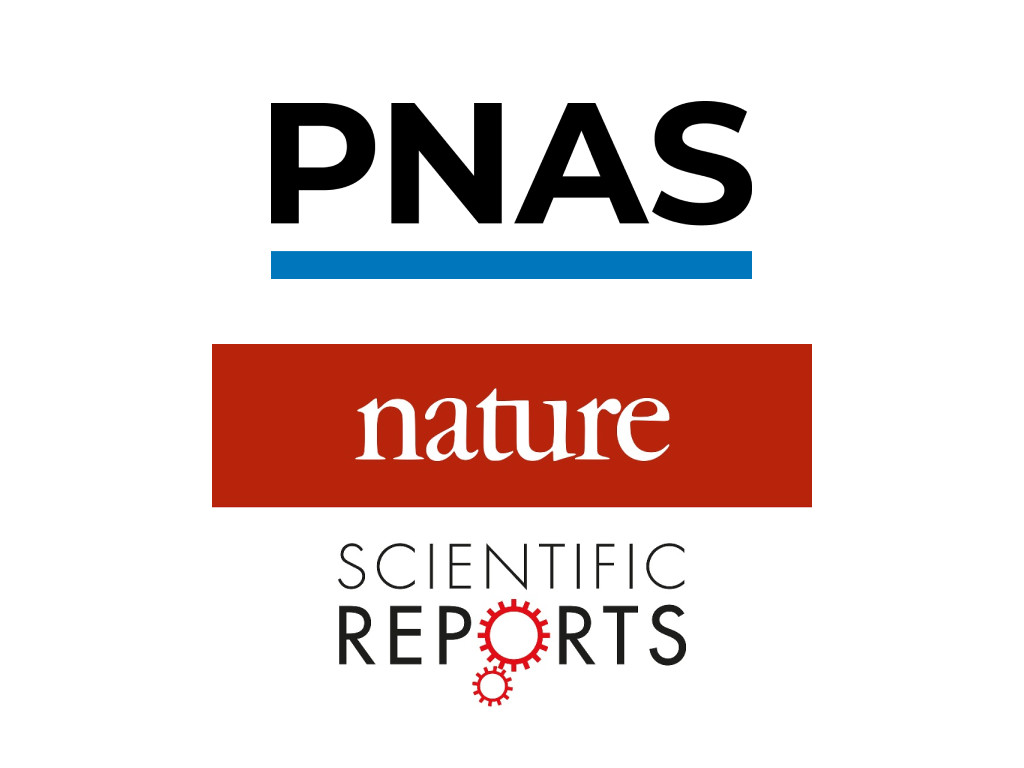Publication Alert: Dr. Manuel Mariani in PNAS and Scientific Reports
A letter and a new article co-authored by Dr. Mariani were recently published in PNAS and Scientific Reports.

"The quest for an unbiased scientific impact indicator remains open" published in PNAS, is a collaboration with Giacomo Vaccario (ETH Zürich), Shuqi Xu (Comprehensive National Science Center, Hefei), and Matúš Medo (University of Bern). This letter critically examines some previously-published methodologies used to assess biases in scientific impact indicators and their ability to identify significant research. The authors show that these methods are confounded by temporal factors, and demonstrate that conclusions about indicators' bias and performance change significantly once unbiased methods are used. They call for further research to enhance our understanding of scientific evolution and to address broader concerns regarding algorithmic bias and fairness.
Citation
G. Vaccario, S. Xu, M. Mariani, M. Medo, The quest for an unbiased scientific impact indicator remains open. Proc. Natl. Acad. Sci. U.S.A. 121, e2410021121 (2024). https://www.pnas.org/doi/10.1073/pnas.2410021121
“Forecasting national CO2 emissions worldwide" published in Scientific Reports, is a collaboration with Lorenzo Costantini (CENTAI, Turin, Italy), Francesco Laio (DIATI, Politecnico di Torino), Luca Ridolfi (DIATI, Politecnico di Torino), and Carla Sciarra (DIATI, Politecnico di Torino). The study reveals a stark divide in future carbon emissions between developed and developing nations. Using advanced modeling techniques, researchers predict that by 2035, developed economies will reduce emissions by 6.2%, while developing nations are set to see a 19% increase. These findings underscore the urgent need for sustainable growth strategies, particularly in regions with limited resources and infrastructure.
Citation
Costantini, L., Laio, F., Mariani, M.S. et al. Forecasting national CO2 emissions worldwide. Sci Rep 14, 22438 (2024). https://doi.org/10.1038/s41598-024-73060-0